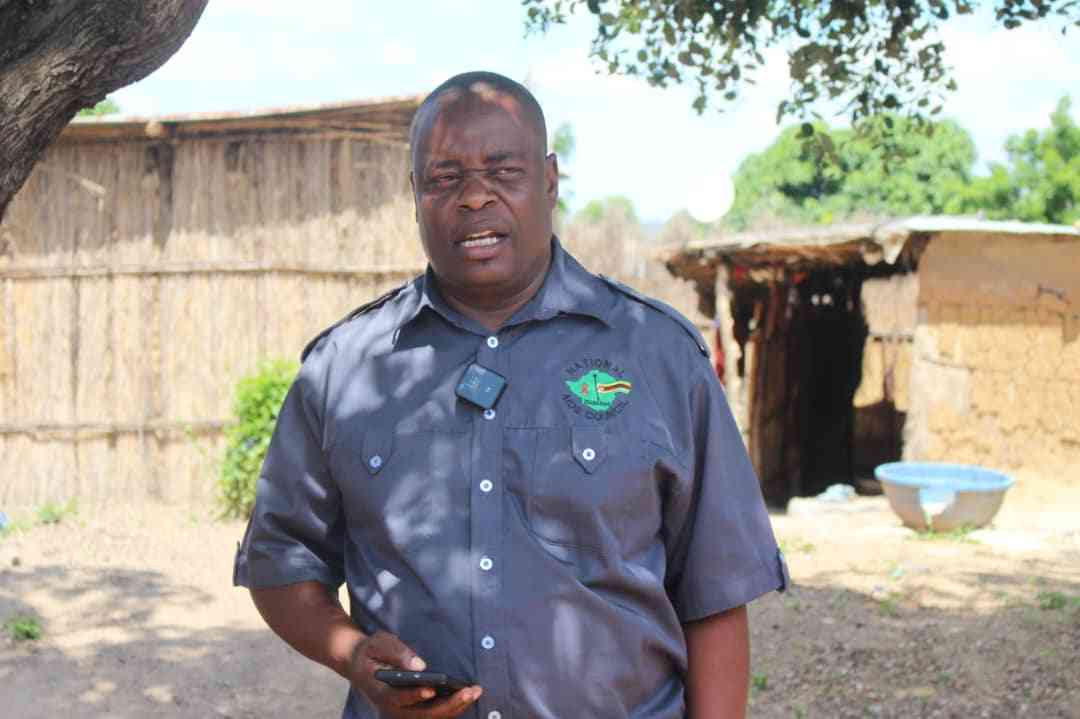
ZIMBABWE is struggling with policy formulation to govern the commercialisation of hemp farming in the country due to a lack of sufficient information on the plant, experts have revealed.
Hemp is a versatile plant belonging to the cannabis sativa species, primarily cultivated for industrial and non-drug purposes.
It is different from industrial hemp, also a specific variety of the cannabis sativa plant, although it is cultivated for industrial and commercial use, rather than for drug production.
Industrial hemp is characterised by its low tetrahydrocannabinol content, typically less than 0,3%, which means it does not produce the psychoactive effects associated with marijuana.
Speaking during a panel discussion yesterday, Zimbabwe Industrial Hemp Trust chief executive officer Zorodzai Maroveke said the lack of sufficient information on industrial hemp was hindering its commercialisation.
“In Zimbabwe, cannabis has been clearly defined in our laws. We have different types of cannabis which is legalised and is regulated under the Ministry of Agriculture and the Ministry of Health. We are very grateful for their support and their unwavering support is appreciated,” he said.
“The Zimbabwe Industrial Hemp Trust is focused on hemp and our primary focus is on helping and advocating for the best policies that we can get from our government.
“Once we have dealt with the legal and regulatory environment and there is enough information and knowledge, we will address the major challenge that is hindering the commercialisation of this industry, which is the knowledge and information gap.”
- Cannabis farmers underestimated costs involved: ZIHT
- Industrial hemp sector requires US$3m funding
- ‘Lack of policies limiting hemp farming commercialisation’
- Carbon credits specialists tip Zimbabwe
Keep Reading
Agriculture Marketing Authority agribusiness director Jonathan Mukuruba said local financing and market access remained a challenge for local hemp farmers.
“The key challenges are production, seeds, access to finance from local financial institutions, market access, certification of our farmers and value-addition,” he said.
“We still do not yet have good agricultural control and control practices applicable to agricultural practices for our processors locally.”
He noted that research and capacity building remained key to improving the understanding and the success of industrial hemp.
“We still think that the capacity of our industrial classes, all the stakeholders that are contributing to the market, is still lagging. To do these workshops as a way to know more about hemp and its market remains key,” Mukuruba said.
“The investment in research and development of the M-projects also remains key. The installation of carbon-neutral markets is also very key.”
One way to commercialise industrial hemp is using it to create carbon credits, with the United Kingdom-based Hemp Carbon Standard being one such platform dedicated to promoting this.
Hemp Carbon Standard member Jon Bannister said their organisation would create new income streams for Zimbabwean farmers through generating carbon credits by growing industrial hemp.
He said this could be sold on the international carbon market.
“Hemp’s rapid growth allows it to sequester carbon at a rate faster than many trees, offering numerous environmental benefits beyond carbon sequestration,” Bannister said.
“The Hemp Carbon Standard will create new income streams for Zimbabwean farmers, generating carbon credits by growing industrial hemp that can be sold on international carbon markets.”
He added that the Hemp Carbon Standard utilised advanced technologies, including remote sensing, data analytics and blockchain technology to ensure accurate measurement, reporting and verification of carbon sequestration.
“The Hemp Carbon Standard is rooted in science and innovation, recognising the remarkable potential of industrial hemp as a powerful tool in the fight against climate change,” Bannister said.
“Industrial hemp is a climate-smart crop that captures carbon dioxide from the atmosphere during its growth cycle, storing it in the plant’s biomass and soil through carbon sequestration.”











